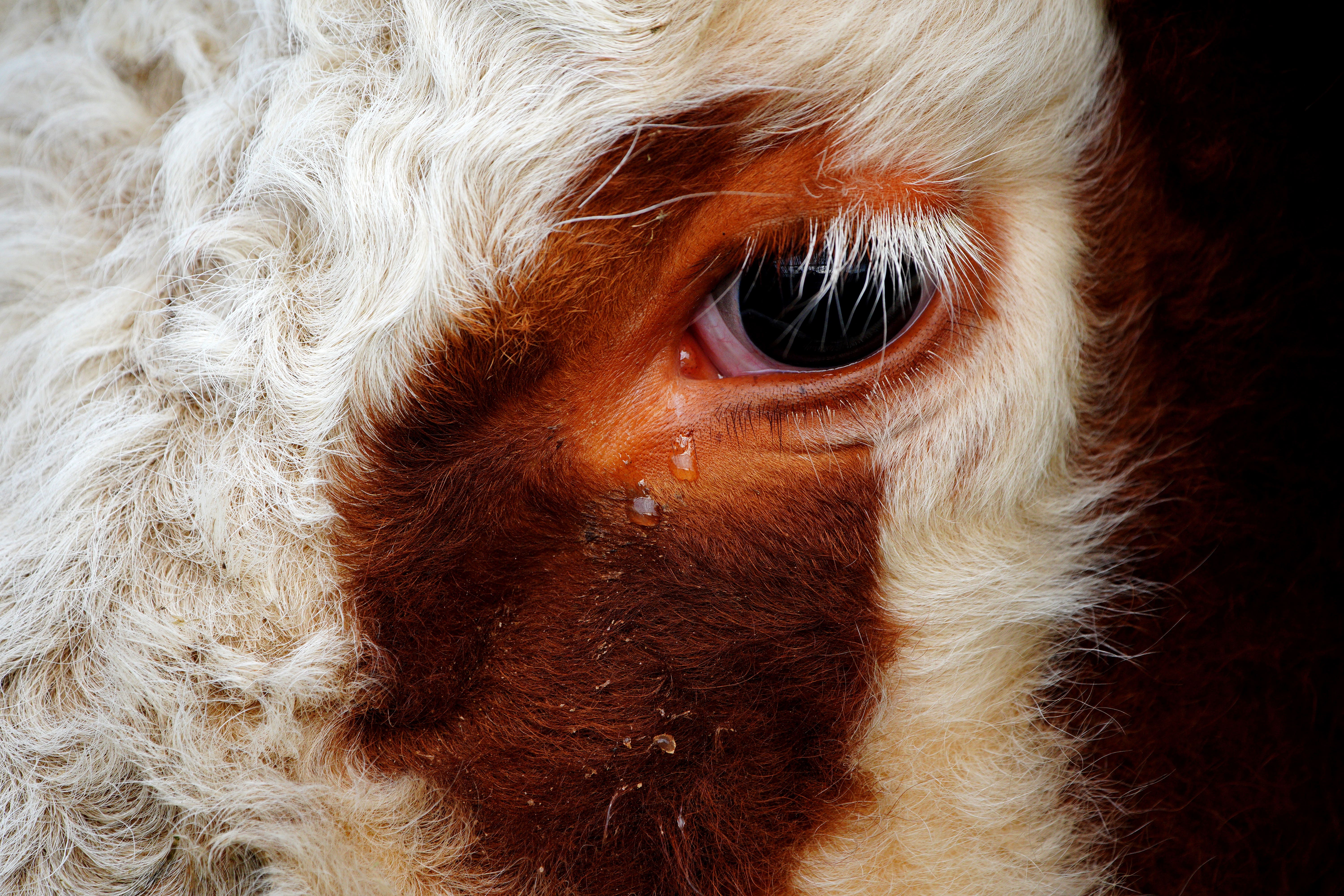Lower emissions and improve health by reducing meat consumption, says UN
Animal agriculture is a significant contributor to climate change through its emissions of greenhouse gases.

Your support helps us to tell the story
From reproductive rights to climate change to Big Tech, The Independent is on the ground when the story is developing. Whether it's investigating the financials of Elon Musk's pro-Trump PAC or producing our latest documentary, 'The A Word', which shines a light on the American women fighting for reproductive rights, we know how important it is to parse out the facts from the messaging.
At such a critical moment in US history, we need reporters on the ground. Your donation allows us to keep sending journalists to speak to both sides of the story.
The Independent is trusted by Americans across the entire political spectrum. And unlike many other quality news outlets, we choose not to lock Americans out of our reporting and analysis with paywalls. We believe quality journalism should be available to everyone, paid for by those who can afford it.
Your support makes all the difference.Governments that support the alternative meat sector can help lower emissions and improve people’s health, according to a report by the United Nations (UN).
Animal agriculture accounts for up to 20% of global greenhouse gases, the biggest emitter after fossil fuel energy use, and causes soil, water and air pollution.
It also accounts for 73% of all antimicrobial treatments sold, often given to healthy animals as a prevention, which is increasing the risk of bacterial resistance to human medicines.
Globally, meat consumption is projected to increase by 50% mid-century and supplying that demand is a major driver of deforestation in places like the Amazon, which could collapse if too much is cut down, scientists have warned.
Beef is a particularly high-emitting meat because cows produce methane, a greenhouse gas, and require large tracts of land for pasture, especially if they are organic.
New food alternatives will offer a broader spectrum of consumer choices
While many people in developing countries rely on meat as an essential protein, those in richer countries eat too much, the UN said, which can lead to cardiovascular diseases, certain cancers, obesity, and diabetes.
In a report published by the UN Environment Programme (UNEP) during the Cop28 climate conference in Dubai, researchers said swapping meat for plant-based, cultivated or fermented alternative proteins could reduce all these risks while improving animal welfare and the health of our diets.
Inger Andersen, executive director of UNEP, said: “New food alternatives will offer a broader spectrum of consumer choices.
“Further, such alternatives can also lessen the pressures on agricultural lands and reduce emissions, thereby helping us address the triple planetary crisis – the crisis of climate change, the crisis of biodiversity and nature loss, the crisis of pollution and waste – as well as address the health and environmental consequences of the animal agriculture industry.
“More government support, as well as open and transparent research, can help unlock the potential of these new technologies for some countries.”
Governments can support the alternative meat sector with policies that encourage open-access research and by offering subsidies, tax rebates or direct investments and loan guarantees to the sector.
The UN said there needs to be more research into how such a switch would impact economically and nutritionally.
Plant-based alternatives tend to be highly processed with a lot of salt while cultivated, or “lab-grown” meat, requires a lot of energy which must be renewably-sourced if it is to avoid contributing further to climate change.
The UK Government has shied away from telling people to eat less meat, with farming minister Mark Spencer telling MPs that he would prefer to see genetically modified cows that produce less methane.
Analysis from Green Alliance found that the UK could be a global leader if given the right Government support and could be worth £6.8 billion a year with 25,000 jobs by 2035.